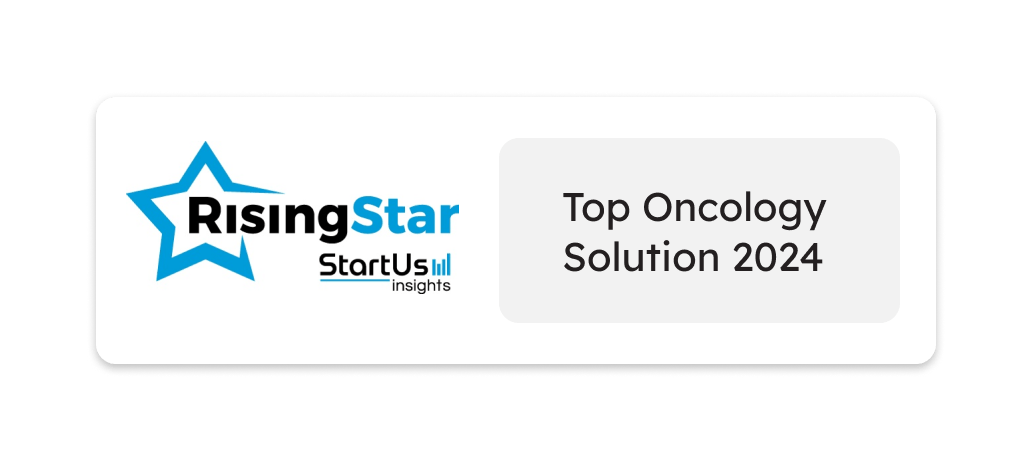The title of this topic is a bit catchy. How to be prepared when you are diagnosed with Cancer? Well, most probably nobody is really prepared for such a situation. When confronted with it, we react in many different ways and according to our personal beliefs, understandings, age, and our family, social and work situations. In one sentence, nobody is really prepared to know what to expect and how to confront the new reality.
Recently, an article by an American journalist (10 Things I Wish I Knew When I Was First Diagnosed With Cancer – link below) tried to define the most important points that could help a recently diagnosed patient. These points might or not apply to every patient, as circumstances might be very different with each diagnosis and the patient with it. That is why it is so difficult to have clear guidelines on how to proceed forward when the diagnosis of cancer is made and affects a specific person.
The reality is that cancer also affects all those surrounding the person, and the social implications are sometimes huge. In the mentioned article, the journalist looks back over the last two years since her cancer journey commenced and explains how she adjusted and dealt with it. At the time of her diagnosis, she was not alert to those situations, pointing to our question on how to be prepared when it happens.
Most of the available literature cannot effectively guide us in that regard, it can only recommend what to do in some instances.
The majority (if not all) of the knowledge comes from experience and how each individual copes with the situation in their own environment. To analyze personal situations in a retrospective manner might encourage newly diagnosed patients to be alert and not commit same mistakes.
For the article: 10 Things I Wish I Knew When I Was First Diagnosed With Cancer
This content is provided for your general education and information only. It does not necessarily reflect Belong’s views and opinions. Belong does not endorse or support any specific product, service, or treatment.








